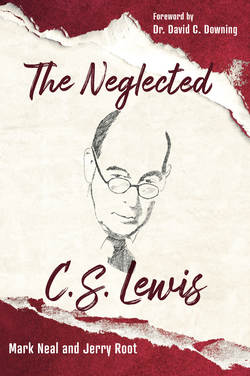Читать книгу The Neglected C. S. Lewis - Mark Neal - Страница 23
На сайте Литреса книга снята с продажи.
3. THE PROBLEM OF TEXTS WITH MULTIPLE AUTHORS, AND OF TRANSLATIONS
ОглавлениеLewis then asks about the “class of poetical experiences in which the consciousness that we share cannot possibly be attributed to any single individual.” Poems such as Beowulf come immediately to mind. The reader has no knowledge of who the author is, or if the text was redacted and several authors were involved in its production. Nevertheless, the story can still be enjoyed because the text is objective. As another case in point, Lewis suggests the biblical text of Isaiah where he claims we do not know the author. There could have been multiple authors and redactors.52 Lewis tips his hand, suggesting that as a young convert to Christianity he has been influenced by higher critical approaches to Scripture. This is a view he will later modify substantively, as evidenced by his late essay “Modern Theology and Biblical Criticism.”53 Lewis uses this example to make his case that criticism must be about texts and not authors. Furthermore, this problem is exacerbated when it comes to translations of texts. Whose consciousness is manifest in the translation? Is it the author’s, or the translator’s, or both?54
